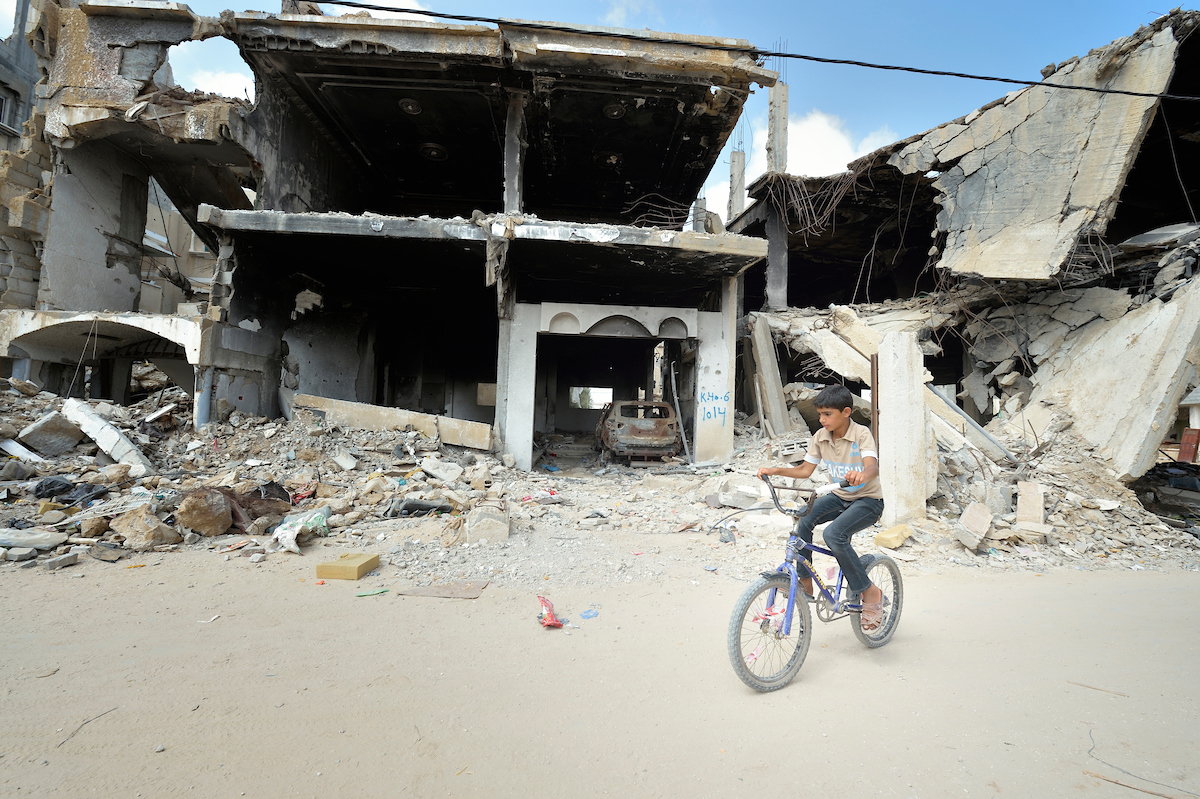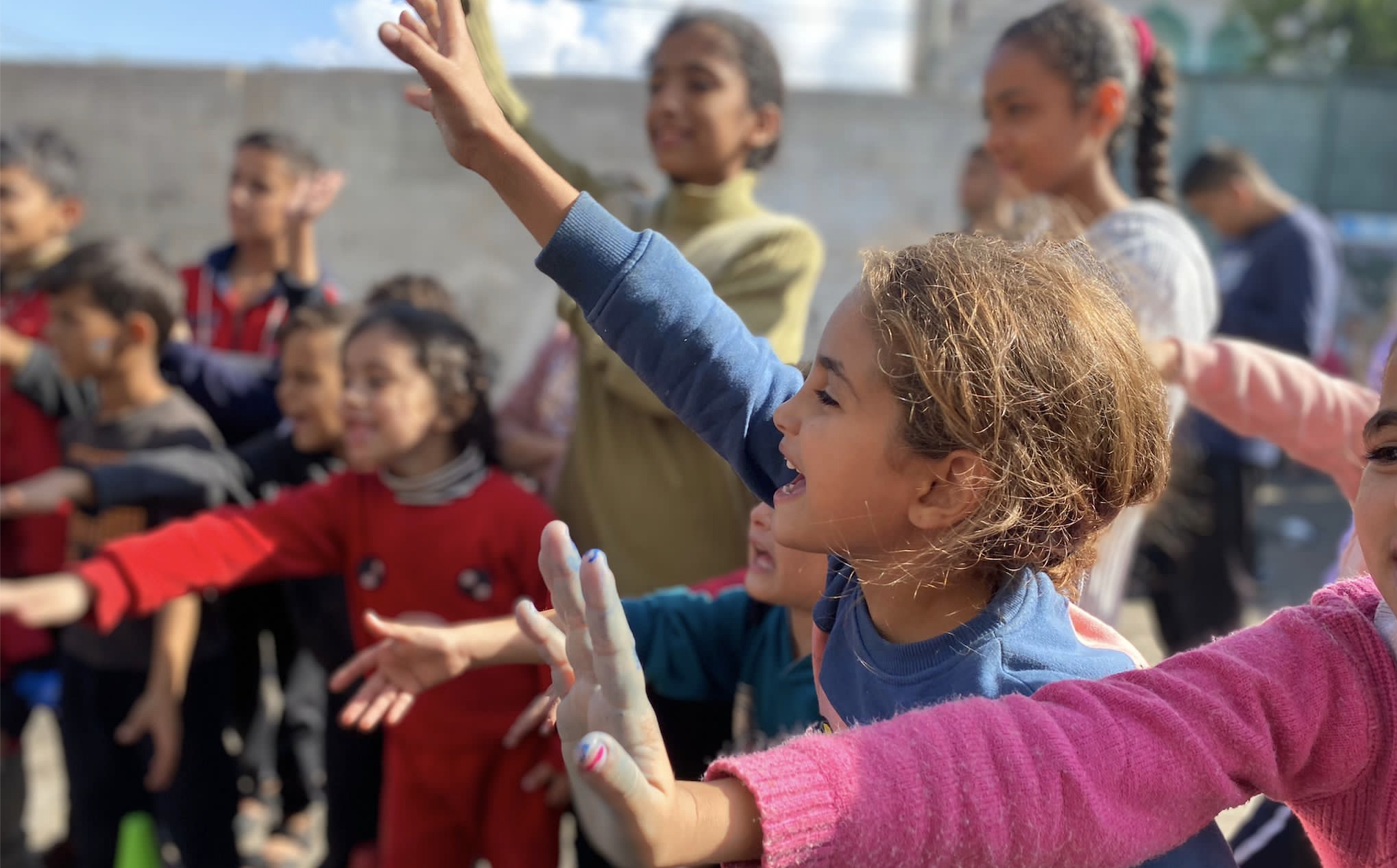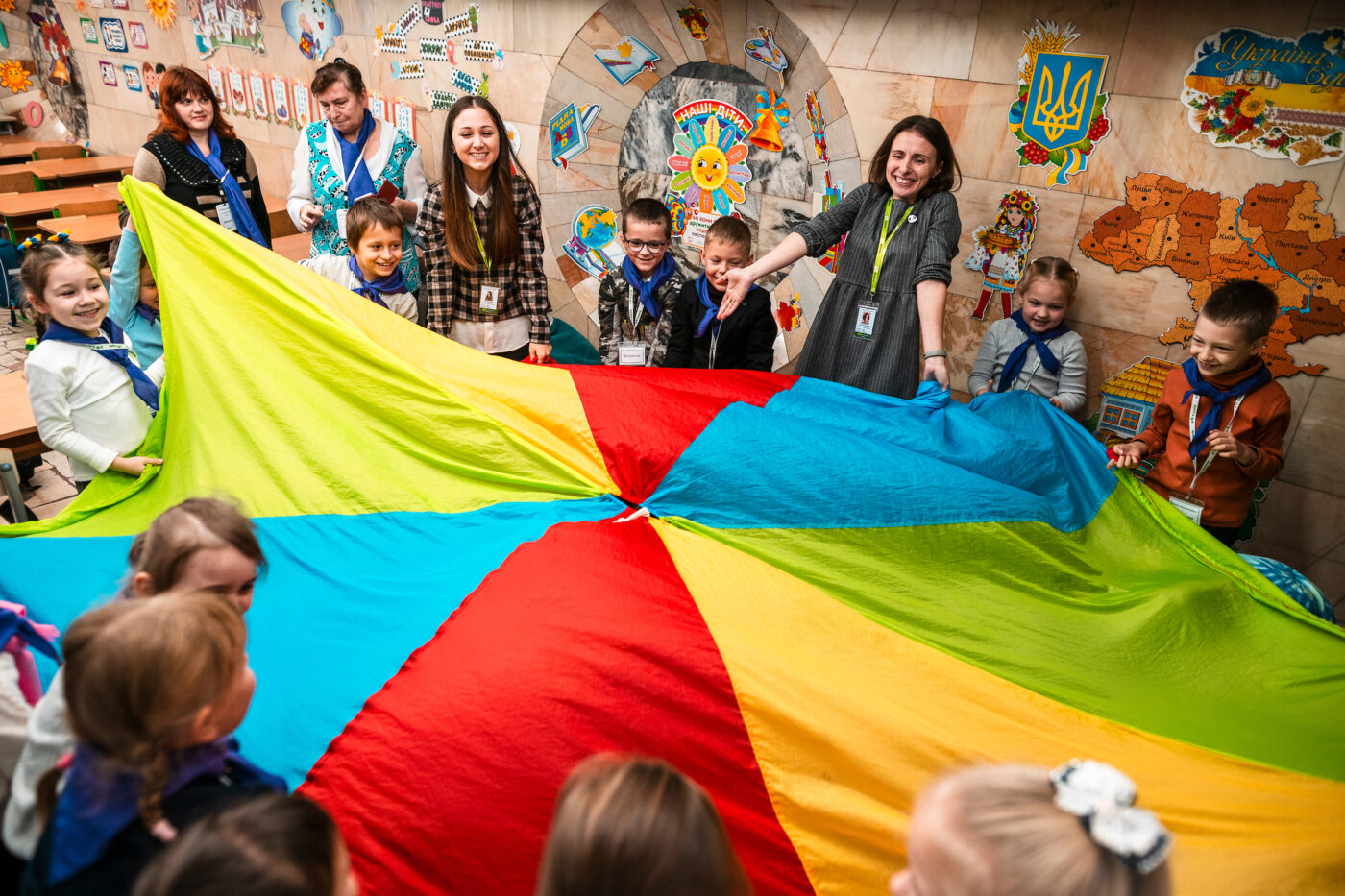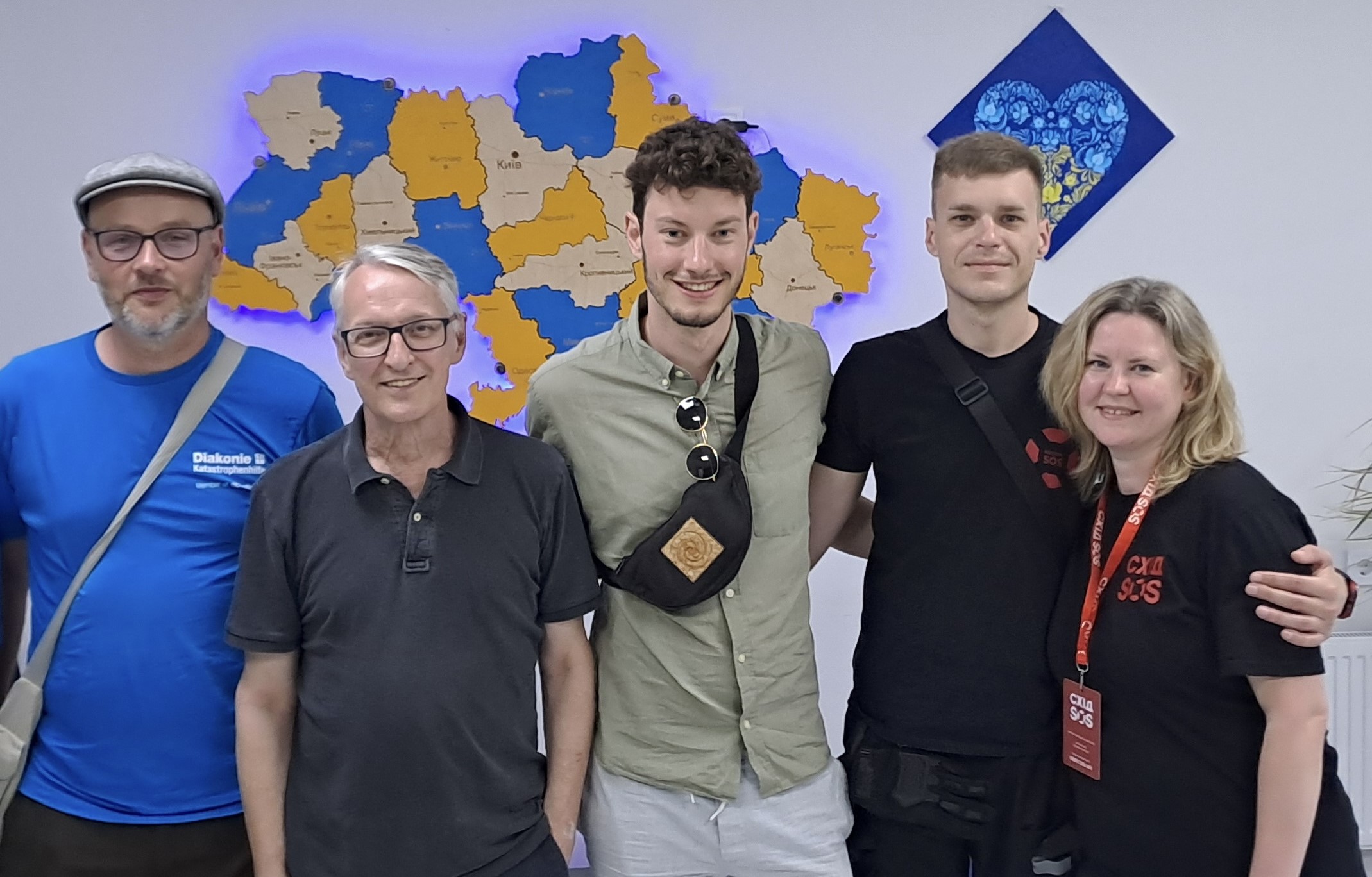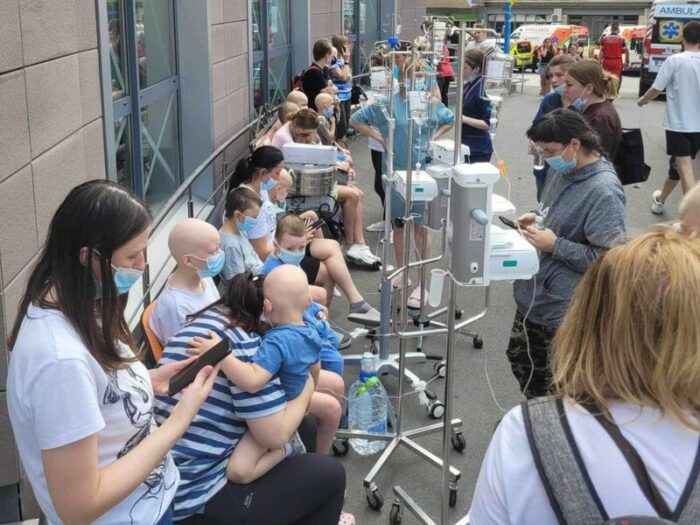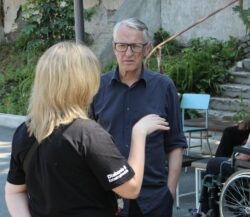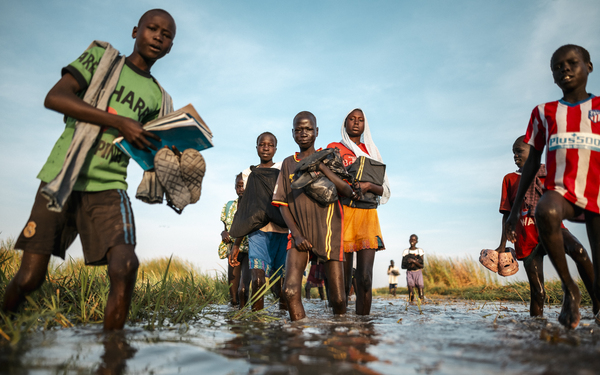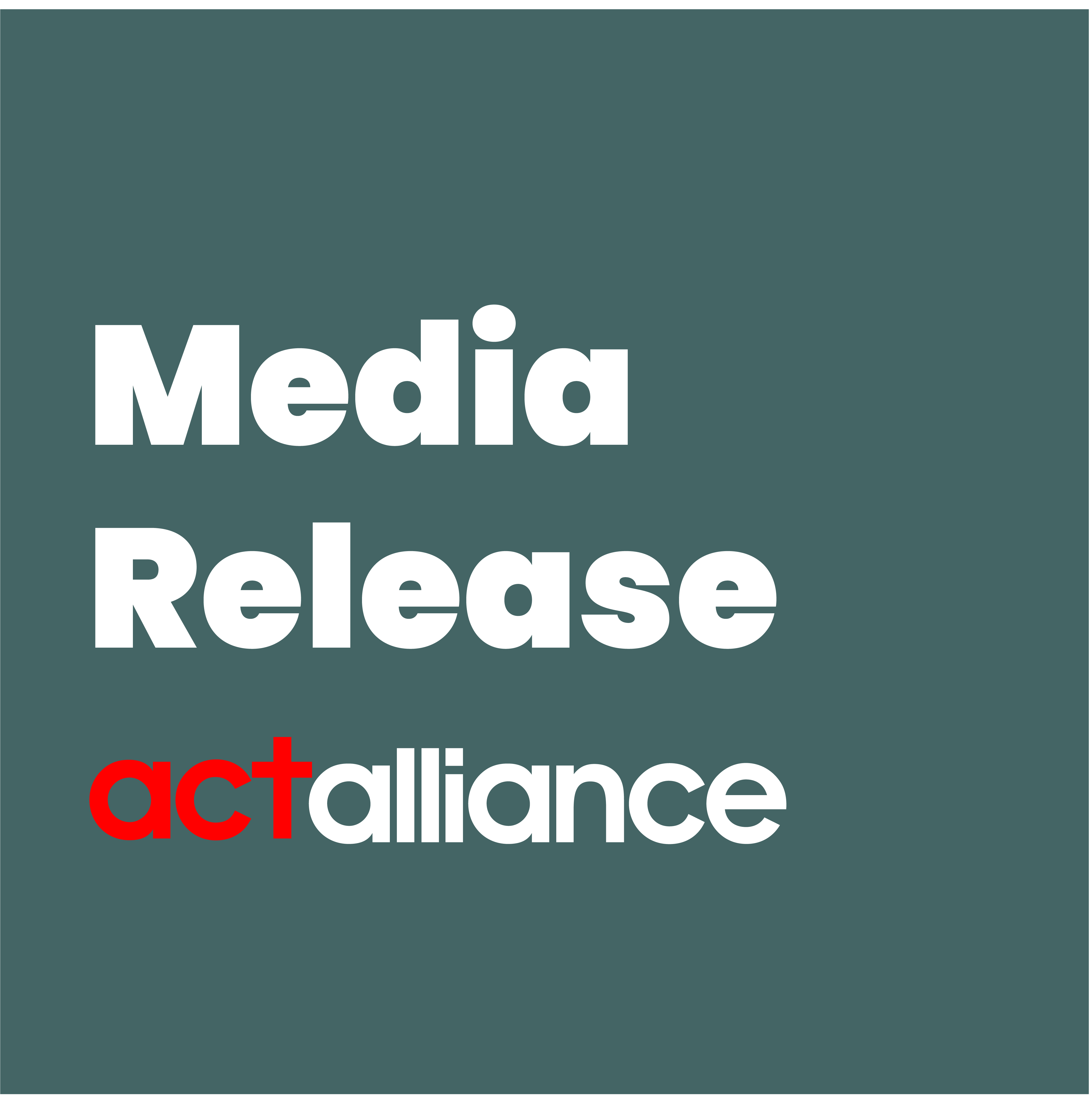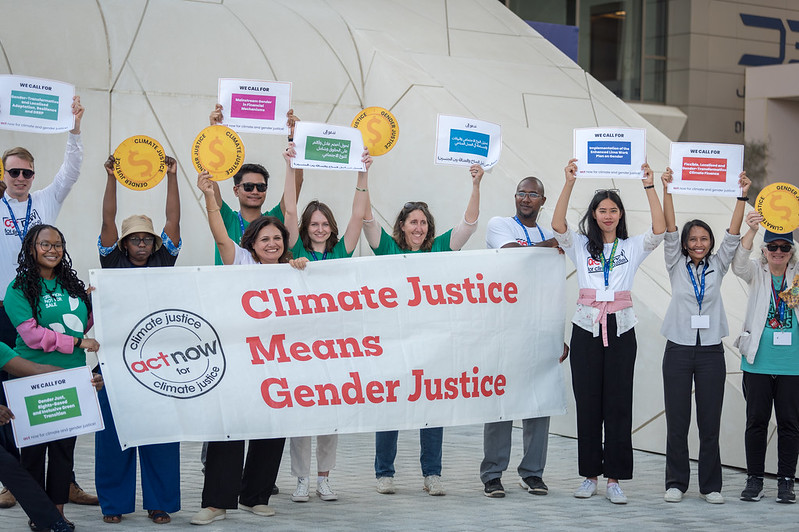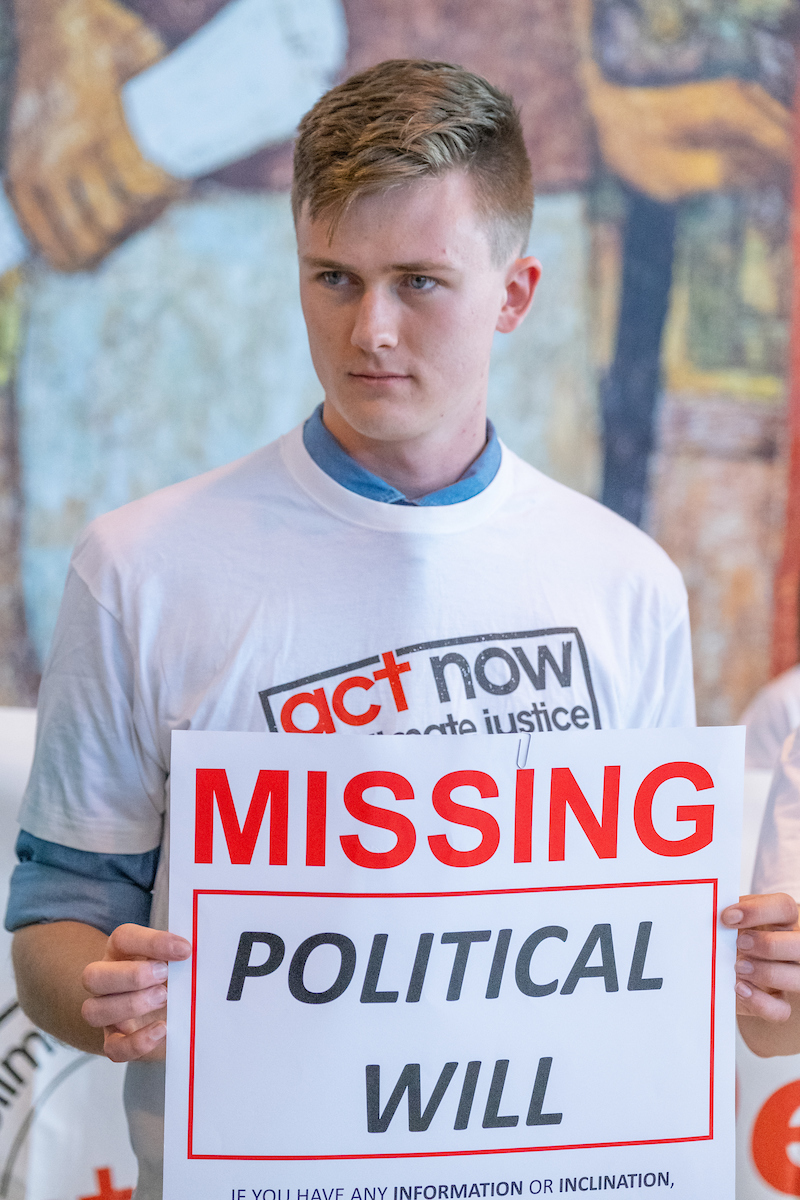This blog was written by Prospery Raymond, the ACT Haiti Forum Convenor, and originally published in Spanish here. It was written before Hurricane Beryl (the second named storm of the year) reached category 4 and battered a number of Caribbean islands before turning towards Mexico this week. He highlights the complexity of vulnerabilities for populations in Haiti who already experience so many challenges, should a storm like Beryl strike the island.
As the 2024 hurricane season started on June 1st in the Atlantic, forecasts from the National Oceanic and Atmospheric Administration (NOAA) paint a concerning picture for the region. According to NOAA, this year the hurricane season is ‘hyperactive’, and forecasts show an 85% chance of an above-normal season, and only a 10% chance of a near-normal season and a 5% chance of a below-normal season. These intense storms are expected to be fueled by the effects of climate change and the ongoing La Niña phenomenon. As the hurricane season officially began on June 1 and runs until November 30, various actors are preparing to address the situation.
The agency predicts between 17 and 25 named storms, with 8 to 13 potentially becoming hurricanes (winds exceeding 119 km/h), and 4 to 7 reaching Category 3 or higher (winds over 178 km/h). If Haiti is struck by a Category 3 or stronger hurricane this year, the consequences could be catastrophic, particularly in a context in which more than 50% of the population are in acute food insecurity, 580,000 displaced people have fled gang violence and the spread of cholera has already killed 1278 people since its reappearance in 2022.
Given this multidimensional, complex, and complicated crisis, the question arises: How can we better approach this hurricane season, given the intensifying needs for planning, prevention, and response? Significant efforts have been made, such as identifying over 1,400 shelters across the country using geospatial information. However, these shelters do not all meet the required criteria for adequately housing displaced individuals, lacking proper sanitation facilities, potable water, and food storage capabilities. Moreover, with access to many routes already blocked, delivering aid could be challenging if the country experiences a Category 3 hurricane or higher. Even tropical storms may cause important flooding.
In a conversation with Aldrin Calixte, the Director of the local NGO Haiti Survie, who specializes in natural resources and sustainable development, he shared that his organization has already developed a contingency plan to better participate in the response to storm or hurricane crises that could affect the communities in the South and Northeast departments where they operate. Calixte’s plan takes into account the significant challenges of the moment, such as difficult access, rising prices of basic goods, and their availability in the Haitian market and intervention areas.
I also discussed the matter with Salomon Brutus, an Agronomist and the Humanitarian Coordinator for the joint office of DKH, LWF, and NCA in Haiti. He believes it is crucial for civil society organizations, the structures of civil protection and local authorities to work together, to foster better coordination and support to communities in the process of reducing risks, in conducting anticipatory actions before crises to reduce the impacts of the disasters, as well to work in synergy during the response phase by assisting affected people efficiently and on time. For this season, he is collaborating with a network of nine ACT Alliance member organizations in Haiti, aiming to cover at least five departments with a plan to help vulnerable communities to be better prepared. While creating the plan is one thing, implementing it is another challenge, but significant efforts are being made in both preparation and execution.
An interesting approach utilized by several organizations and communities in Haiti is the SCLR (Survival Community Lead Response) in which support is provided to initiatives and actions led by the communities themselves and a hand is given to amplify the impacts. This approach, employed by DKH, LWF and NCA with their partners in Haiti, is a crucial aspect of helping communities, especially leaders, guide anticipation efforts, plan with local authorities, prepare, and intervene in within 24h to 72h after a disaster response without external intervention. Some communities are better prepared to take charge before, during, and after crises, thanks to valuable experiences gained from various challenges the country has faced over the past five years. For me, SCLR is the way forward to help have more resilient communities in Haiti.
OCHA and the DGPC (Directorate of Civil Protection) are already working to facilitate better planning for this year’s hurricanes. The 1,400 temporary shelters identified and set up across the country are important. However, the question remains: How will they implement this plan given the challenges we already face? Communication about the severity of the situation is lacking, and the population should be on alert regarding potential disasters. The rainy season of May 2024 already highlights the shortcomings and challenges the country could face if communities see more torrential rain and severe wind.
Resources are lacking, but communication about potential dangers is not up to par. Some communities receiving support from local authorities and external aid may be able to cope, but not all communes are in the same situation. Insecurity and population displacement remain challenges that are difficult to predict but easy to address if the Haitian state prioritizes preparedness and prevention. With more prevention efforts, we can reduce the need for response in the event of a hurricane, for example.
Angeline Anesteus, Action Aid director and CLIO President mentioned how they are very focused on anticipatory actions with multi–year projects to carry out activities in the field, particularly in the Grand Anse area. They have emergency funds to implement rapid actions if a hurricane should hit Haiti. CLIO members are encouraged to work together to avoid duplication and have more effective interventions in many communities.
For several years, one of the manifestations of climate change in Haiti has been prolonged periods of drought in various regions. Some communities in the south and Grand Anse departments did not receive a drop of rain from November 2022 to July 2023, making it extremely difficult for thousands of farmers to find drinking water and sustain their crops and livestock, as water sources were on the verge of drying up. However, 2024 has brought a different scenario, with significant rainfall starting in February and increasing in May, leading to minor flooding and even tornadoes in some areas, including the Bassin Bleu region in northwestern Haiti.
During my visits with farmers in the in the South-West region in August and November 2023, they complained about the drought affecting their work areas in the year before. They told me they continued to pray for rain in the coming months, but hoping not to experience excessive rainfall or storms. For now, they have received enough rain in early 2024 to aid their planting efforts and hope for a good harvest during Haiti’s spring season from April to July 2024. I hope their prayers will continue to be answered, and Haiti will not be affected by serious storms this year. Even with good prayers, effective preparation and prevention remain crucial. We must continue to inform populations and communities on how to behave before, during and after meteorological events like storms, hurricanes, tornadoes. Haiti cannot withstand another disaster. Many decision-makers know what to do, but will we unite with a strong will to protect the population this year, setting aside political considerations and instead focusing on saving the already drifting economy and – most importantly – innocent lives, with the potential to grow and better serve the country in the future?
Together, we can make a difference!!!
